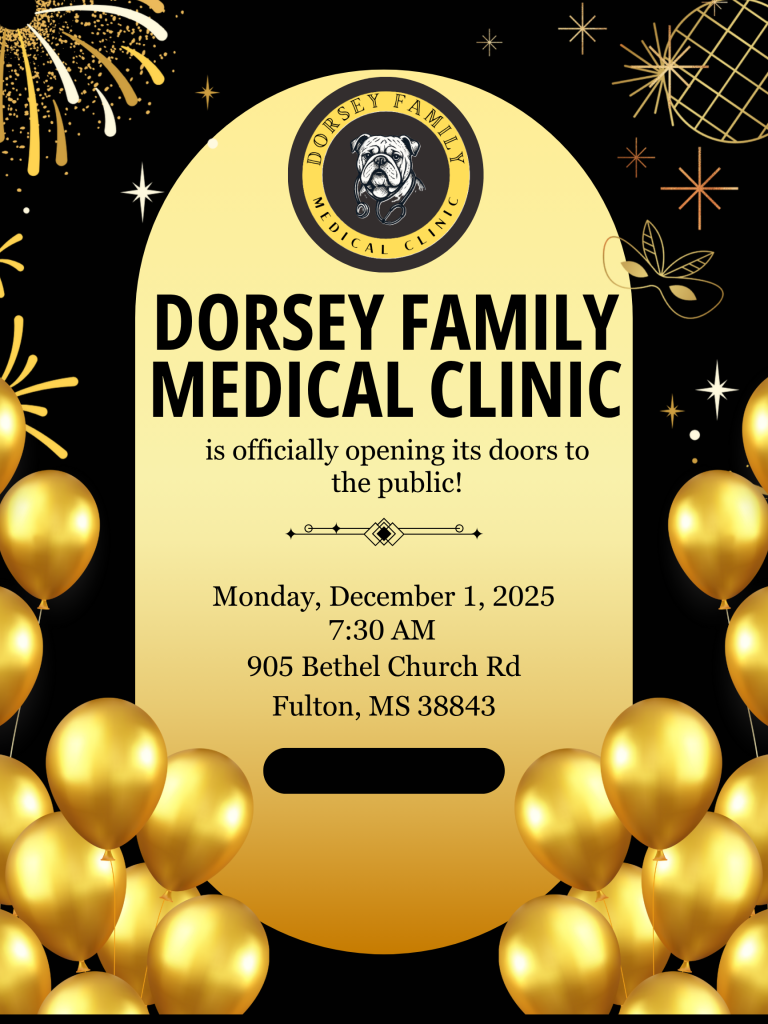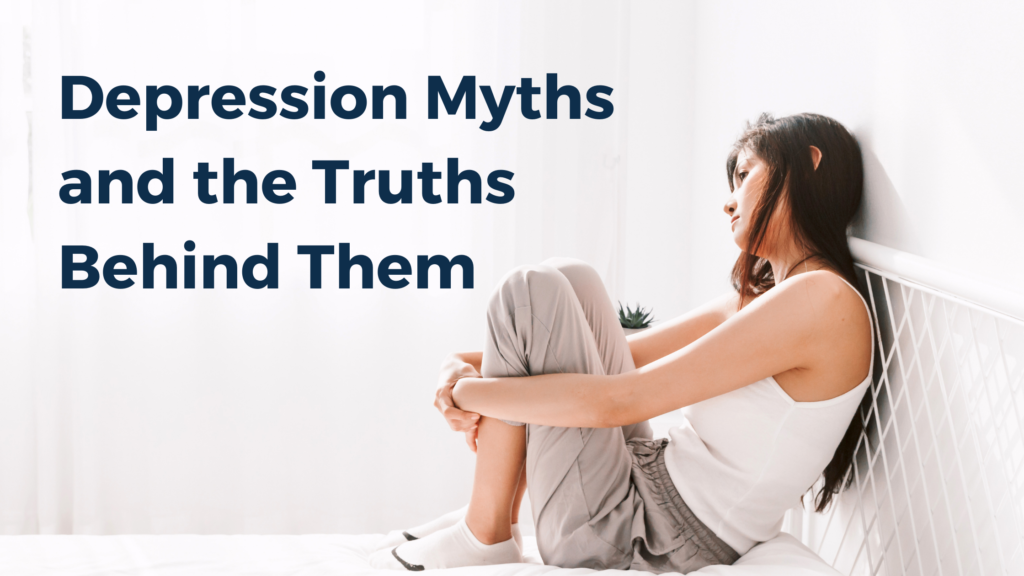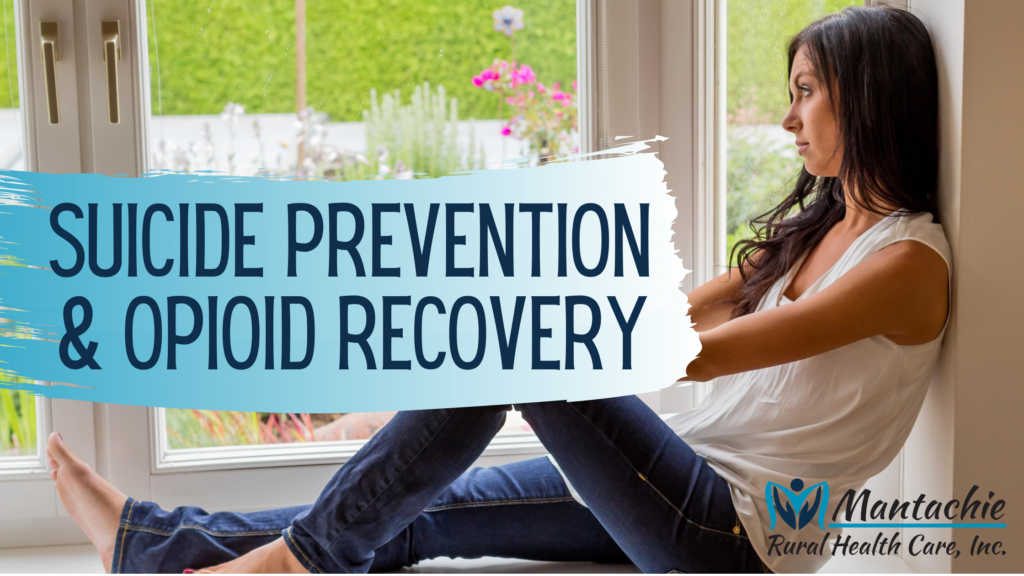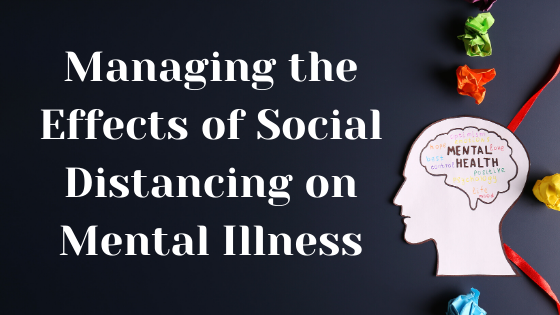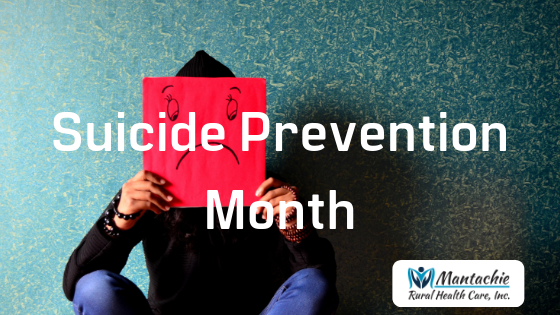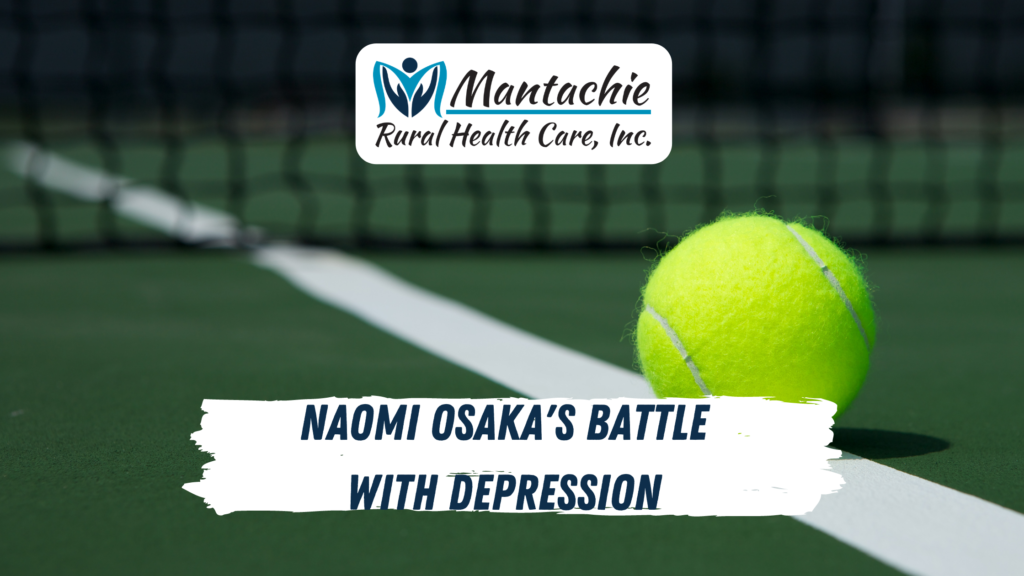
Naomi Osaka is a 23-year-old tennis rock star who has won four major titles and is second in the world of female tennis competitors. She’s also the highest-paid female athlete in the world, bringing in a whopping $55 million in endorsements and prize money in 2020. But she made headlines in June 2021 when she withdrew from competing in the French Open after playing only one match. Her reason for withdrawing from the competition? To focus on Osaka’s battle with depression.
That’s right. You can be one of the top tennis stars in the world and still suffer from mental illness.
Before the French Open began, Osaka announced that she would not participate in post-match interviews in an effort to safeguard her mental health. Staying true to her word, Osaka skipped out on interviews following her first and only match at the 2021 French Open. This decision drew sharp criticism from reporters and others who felt that she should have participated in interviews like the other athletes. Osaka was also fined $15,000 and received a threat from French Open officials to suspend her from the competition. In turn, Osaka decided to withdraw from the Open.
Osaka’s Battle with Depression
Osaka told officials that she had been suffering from long bouts of depression since winning the US Open in 2018. Since withdrawing from the French Open, Osaka has also withdrawn from competing in the German and Australian Opens.
Depression is characterized by sadness and disinterest in doing normal, everyday things. As you can see, it can affect anyone of any age, no matter their talents, popularity, athletic ability, or financial status.
Despite initial criticism, Osaka has since received praise and support from fans. Many even find her decision to withdraw from these competitions to be inspiring for others who are suffering from a mental health condition.
It’s important to know that praise and support are not enough to “cure” Osaka’s depression. Although depression patients find more success in treatment when they have the support of family and friends, depression is a real health condition that needs treatment from medical and mental health professionals.
If you are suffering from depression symptoms, don’t keep fighting alone. Mantachie Rural Healthcare offers behavioral health services by licensed and highly experienced mental health professionals who truly care about their patients and the patient’s success. To schedule an appointment with one of our providers, dial 662-282-4226.
